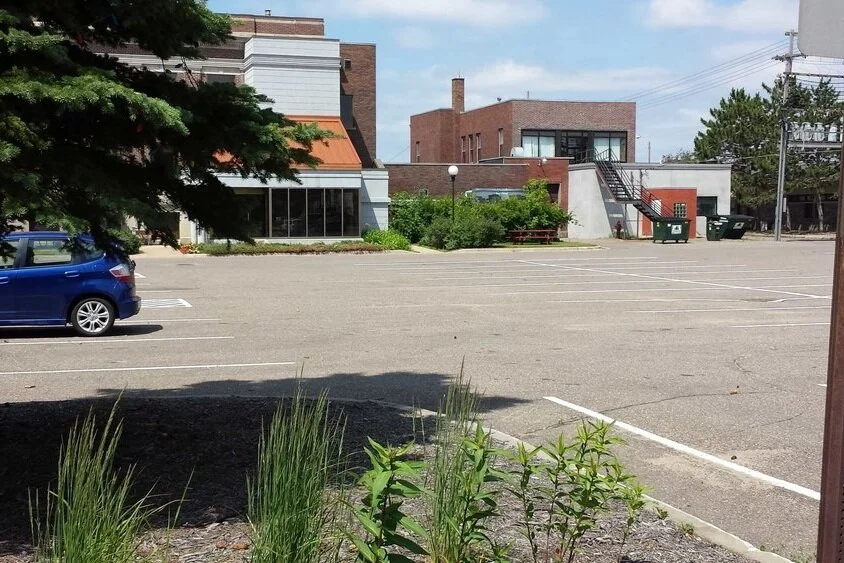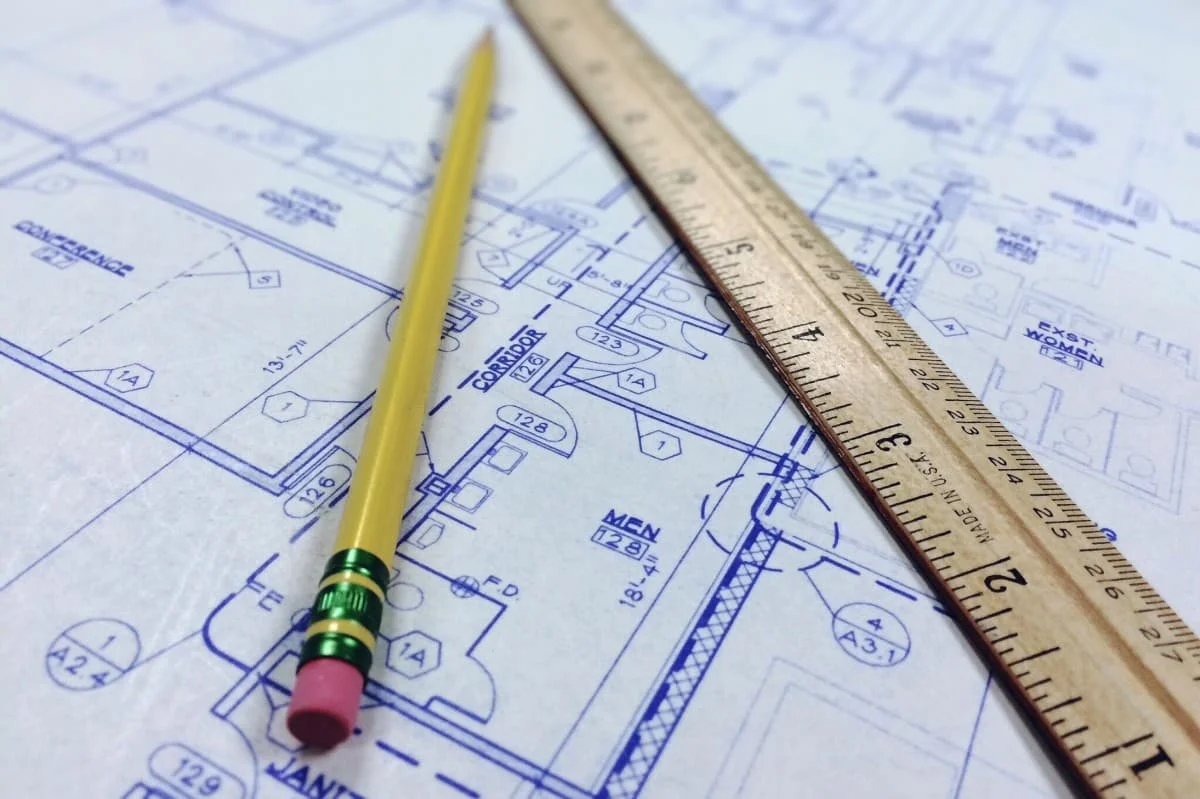4 Things You Can Do to Address Housing Issues in your Community
Whether your city is struggling to house an influx of new residents, provide affordable homes to low income residents, or deal with abandoned and neglected properties, housing issues often seem way too big and challenging for the average resident to have any say in. So we leave it to the deep-pocketed developers, the public housing authority, the elected officials, and everyone else in power to make our housing decisions.
But there are many ways that we as residents without much money or political clout can actively participate in the future of housing in our towns. Here are four ideas to get you started.
1. Educate Yourself.
The first step is learning about what’s going on. With a little patience and guidance, it’s not too hard to read up on zoning regulations, public funding and other factors that impact the housing landscape in your community. Arm yourself with knowledge and you’ll be prepared to actively participate in discussions about the future of housing in your town, or even initiate those conversations yourself.
Strong Towns members and contributors have written several helpful guides for diving into local codes and regulations including:
- Kick the Tires on Your Local Zoning Code by Sarah Kobos
- You Care About the Subdivision Regulations, You Just Don’t Know it (Yet) by Sarah Kobos
- Is Zoning Overlay the Magic Wand You’ve Been Looking For by Sarah Kobos
- How do you read a zoning code? Draw a site plan? by Gracen Johnson
2. Show up and speak up.
This might be the most important item on today’s list: Whenever there’s a conversation about housing in your community show up and make your voice heard. This is particularly important when you anticipate loud voices opposing something that would add value to your town like a new apartment building or a relaxation of zoning restrictions that currently prevent people from building accessory dwelling units.
Even if you don’t have a grand speech to make or a five-point argument in favor, merely being present at a city council or planning commission meeting is significant. Strong Towns member Richard Murphy stresses, “Just showing up to say, Hey, I think this would be a fine addition to the neighborhood is big. The public process is usually dominated by the voices upset about a given issue, so a little support can go a long way.”
It’s also valuable to ask pointed questions, whether in a formal setting or a casual conversation with neighbors, about why residents might oppose a given development or change. Cut through the BS and make your neighbors actively defend their position instead of saying something vague like “traffic” or “those people.” You might find their arguments against a given change crumbling, and then you can step in with your arguments in favor — like added tax value for the whole city, lowered housing costs as supply is increased, etc.
3. Support local organizations.
You may not feel like you, as one person, can make a big difference in housing issues, but there are undoubtedly organizations in your city that are active on these issues. They might be nonprofits serving the homeless, or YIMBY neighborhood groups, or even community land trusts. If you believe in these organizations and want them to succeed, follow them on Facebook, sign up to volunteer with them, attend their events, and support them with your dollars.
I was recently researching community land trusts for an article and during my searches, I came across many websites and Facebook groups for in-the-works land trusts in cities across the nation. These groups hadn’t formally purchased land yet, but they were starting the process. An effort like that could especially benefit from your energy, input and donations.
4. Become a small-scale developer.
Before you decide this one’s too big for you to tackle, give me a minute to explain. In this context, a developer is really anyone who makes improvements on a property. Do you own a home? Have you painted the trim, cared for the garden, installed new cabinets in the kitchen? You’ve taken a tiny step toward developing your property. Now, obviously painting the trim isn’t creating new housing for anyone, but it is boosting property values and making your street more attractive — all helpful things.
Next steps might be converting your basement or attic into a rentable unit (if your local codes allow it, see Step #1 to explore that question), purchasing a duplex and fixing it up for new tenants, or even taking that vacant downtown building you’ve walked by a hundred times and thought “I wish that was an X” and making that dream come true.
Check out real-life developer, R. John Anderson’s article, How to Get Started as a Small-Scale Developer, for helpful advice. And if you’re really enthused? Visit the Incremental Development Alliance website to find out about upcoming bootcamps where you can learn all the skills you’ll need to begin developing in your community.
All photos by Johnny Sanphillippo.









We’re relaunching our crowd-sourced map of cities in the U.S. and Canada that have ended or sharply curtailed their parking requirements. And it's more useful than ever.